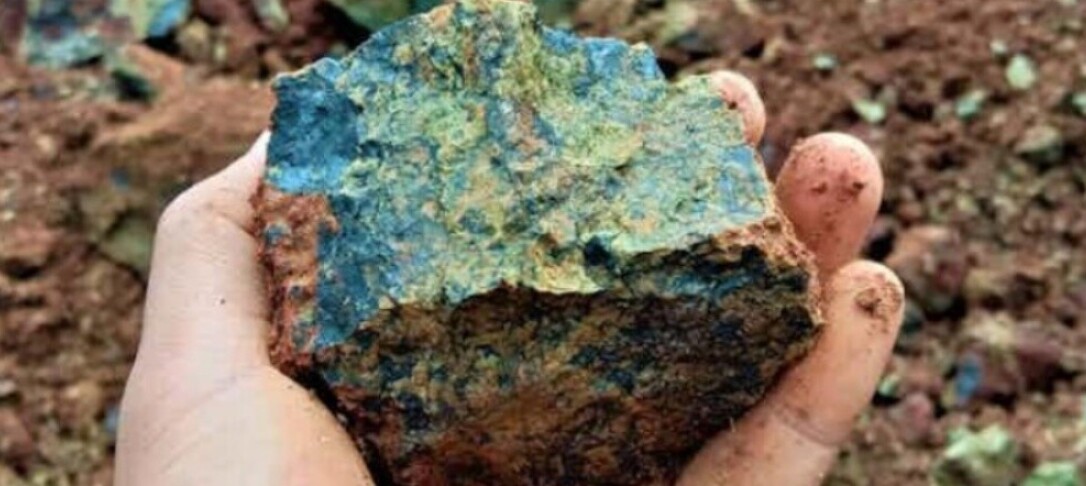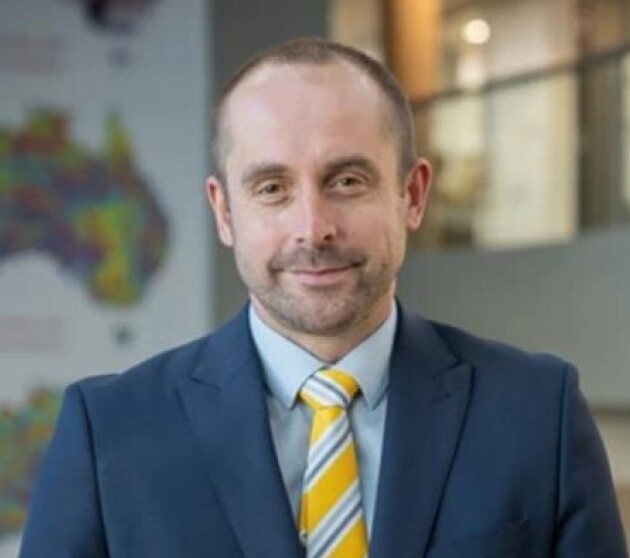
Dr Karol Czarnota will deliver the ESE Departmental Seminar on Thursday the 11th of April 2024: “Exploring for the Future: Geoscience to Resource the Net Zero Transition.”
Join us in room G41 – RSM Building – on Thursday 11th of April 2024 at 12h15.
Abstract
The world is turning to the resources sector to supply the Net Zero transition and meet sustainable development goals. It is generally agreed that global inventories of critical minerals, strategic materials, hydrogen, and carbon sequestration sites are insufficient to meet forecast demand thereby necessitating new discovery and development. At the same time exploration success rates are declining across the world as resources become harder to discover and develop. These factors are compounded by the long average lead time from discovery to resource extraction. The imperative is to act now to ensure there is a sustainable resource pipeline for the future. To reverse this worrying trend Australia has invested heavily into precompetitive geoscience aimed at characterising the geological, geochemical, and geophysical architecture of Australia from the surface to the mantle and across scales from which new insights into the spatiotemporal controls on resource distribution are emerging. Uptake of this information by Australia’s entrepreneurial exploration sector has led to the highest exploration success rate in the world.
Here, I’ll showcase Australia flagship investment of $225 m over eight years from the Exploring for the Future program in precompetitive geoscience within a global context and showcase the unprecedented new data collection and insights that have been achieved. Specifically, I’ll highlight new national data coverages of passive seismic, magnetotellurics, airborne electromagnetics, surface mineralogy as well as sediment and mantle geochemistry. I’ll demonstrate the predictive power of these datasets for resource exploration and how they are combine to establish an inventory of Australia’s resource potential for minerals, energy and groundwater. Last, I’ll demonstrate how national scale inference is benchmarked through regional projects, including drilling and how Geoscience Australia partners with academia such as researchers at Imperial College London to stay at the cutting edge.
 About the speaker
About the speaker
Karol is the Senior Science Advisor of Geoscience Australia’s flagship “Exploring for the Future” programme. He has 20 years of experience in undertaking and leading precompetitive geoscience programs focused on understanding Australia’s resource potential. He holds a BSc from the University of New South Wales, an MSc from Royal Holloway University London and a PhD in geophysics and geology from the University of Cambridge.
 About the speaker
About the speaker